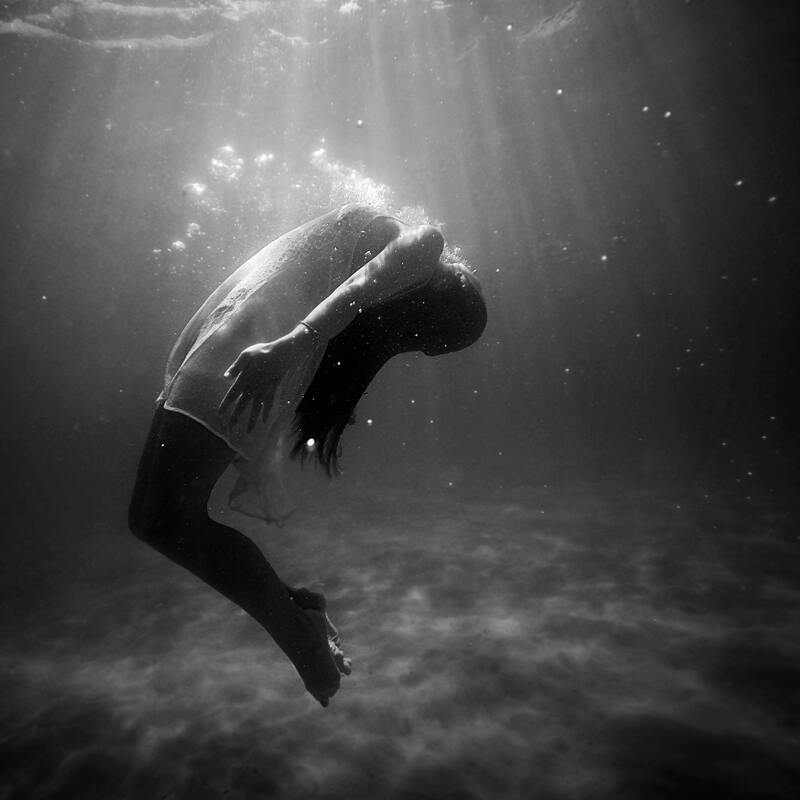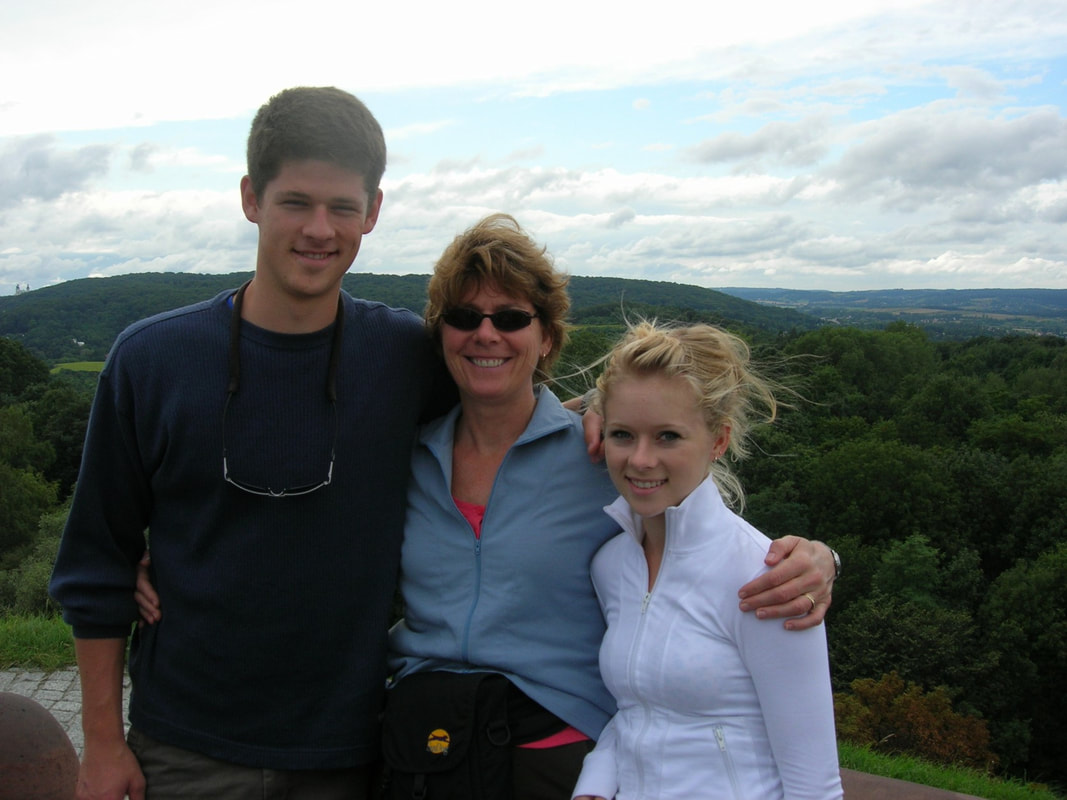We feel a pang of sadness when we see our child cry because someone hurt their feelings. We are distressed when our husband is moaning with pain from a life-threatening illness. We grieve when a child discards their relationship with us as our daughter or our son. We can suffer.
It’s been challenging for me to find the words to communicate, with real accuracy, what went through my head, my body, my heart when my children, suddenly and without much explanation, left my world. I woke up one morning and my life was what I knew it to be. I woke up another morning and the familiar had vanished and for me, that familiar was family.
We divorced after 25 years which included several years of attempting to live in the aftermath of my ex-husband’s affair. Within months of the divorce, which my daughter encouraged me to seek for my happiness, she disinvited me to her college graduation. I discovered that the lei of flowers I ordered for the event was delivered to the wrong address because she had not notified me that she had moved. Just a few months before, while lunching at Nordstrom’s Café, my daughter told me that I “should just give Dad the money since it was his money.” Right around the same time, in our very last phone conversation, my son volunteered that he “disapproved of my behavior over the past two years”, the time during which the divorce proceeded slowly to completion.
We all suffer, and we all suffer differently. People can compartmentalize their feelings so that they shield themselves from everyday troublesome thoughts. Some can dismiss their thoughts with denial. Others have feelings that bubble to the surface regularly.
I was a bubbler. At the beginning of my dark days, I was underwater, confused and miserable. The passage of time did not make things better, only worse. I was in shock for years, my mind frozen by the lack of information and opportunity for discussion. My pain defied logic so I could not figure out the mystery of the change in our relationship that so abruptly surfaced. One day, I knew my 20 something daughter who is sitting on my lap while I talked with some friends. A short time later, I do not know my daughter who will not answer a simple text.
Not answering texts or emails or phone calls amplified the distress of not having any understanding and therefore, answers to why they wouldn’t talk with me again. The pain from the loss of connection with my children was piercing and shredding.
I pulled out every coping skill in my toolbox in addition to reading the sparse amount of information related to adult child estrangement that existed 10 years ago. My friends and family did not know what to say since parental alienation is not an issue freely discussed in any society on any continent. Therapists could not help me process traumatic grief that is so primitive and without dimension. Bessel van der Kolk (2018)[1] states, “Trauma is something that overwhelms your coping capacities and confronts you with the thought: “Oh my God, it’s all over, and there’s nothing I can do. I’m done for. I may as well die.”
It is difficult to analogize my situation, but I am going to try. Imagine waking up one day to find yourself paralyzed from the neck down. You cannot figure out what happened, and you are in shock. The doctors are baffled. They may even wonder what you did to yourself. You are being told to have hope, that things may get better. Try to think positively.
And there you are. Even if you have well-meaning loved ones surrounding you, you are in your personal hell and you see no way out. Your whole world is instantly turned upside down and you have no control and no answers and seemingly, no future. You cannot have the life you had before. Things quickly go dark.
Educated guidance from therapists, well-meaning advice from family and friends, my efforts at applying coping strategies were not enough to penetrate my despair. It came to the point where I could not read another piece of wisdom that instructed me to take care of myself. I could not hear someone tell me to keep trying with my children. I could not see a better day. As with paralysis, hoping for a cure that does not exist is all you have, and yet hoping for the impossible becomes a negative feedback loop: wake up each day with hope and end each day in despair.
Sometimes, nothing works. Dependent on the situation, nothing can work to help you feel better for a long time.
That long time is very hard to live through. I almost gave up on myself.
What did I finally do when nothing seemed to work?
- I realized that to survive my trauma, I had to work at having interoceptive awareness in another way that would help my brain to rewire. I took a break from thinking. I stopped reading and listening and watching. I would turn the TV channel or change the topic with friends. I paid attention to what triggered me and my bandwidth for taking in any more information.
- I asked my friends and family to avoid passing along any news about my children. There was no good reason for me to be informed of how they were effortlessly living their lives shunning me. I do not need to know what stories they are telling. I have my story.
- I permitted myself to forget about my children. I realize this may sound extreme and I thought so too for a long time. I thought I could not live without being defined as a mother to my children. However, my wisdom eventually informed me that I would longer want to live if I chose a path that included self-destructive perseveration.
- I dismissed any “What would my life be like if…?” thinking. The reality I hold onto is that my relationship with my children lives in my memories-not in the present or the future. I reconciled the fact that I will never again see my son or daughter whom I love so much.
- I got to know and believe in myself again. I discovered that I thought, in some way, that I must have committed a heinous crime as a mother. I came to hold strongly onto the reality that I was a good mother and that I am a good mother. Nothing I could have ever done justifies the cruel behavior of my children.
- I validate myself in my work as a marriage and family therapist, a place where I could leave everything behind me. Being the compassionate person that I am, helped me to remember self-compassion. I cherish myself as I would a friend experiencing this grievous pain.
- I accept that people, including my children, make unfathomable decisions that make no sense.
- I massaged and got massages. I care for my vulnerable body parts susceptible to stress with warm towels, penetrating lotions, and hand massage. I found a massage therapist who is effective in kneading my muscles and comforting in his touch.
When I practiced these steps, I treated my trauma. I stopped torturing myself with confusion and self-doubt and feeling irredeemable and instead became skillful at rejecting negative thinking, unrealistic feelings of fear, and distorted beliefs. I chose to not give trauma a life inside of me. I treated my trauma with compassion for myself which allowed me to identify my emotional need for peace of mind, reject self-harming behaviors, and embrace my reality as a mother who raised two beautiful children. As van der Kolk (2019)[2] notes, “What we see is that the parts of the brain that help people to see clearly and to observe things clearly really get interfered with by trauma.” I clearly remember that I am instrumental in knowing the reality of my story, a story of yesteryear and today, as a kind, loving, and devoted mother.
Watching a TV show or reading an article or having a conversation with a friend, I am still reminded of that unrealized potential of sharing a mother-daughter or mother-son relationship with my children. The potential for connection with each other as only a mother can have with her only daughter and her only son. The potential for the smiles we shared with each other since day one. My mind’s eye sees them in many memories. The potential for a conversation about how we thought or felt about something, anything, each other. I can hear our bantering, our sentiments, our tears. My memories now soothe me. I found my way to heal myself.
As a mental health professional and as a human being, I do not believe it is my children’s best emotional interest to forsake their only Mother. I am not sure how they cope.
Thinking about the three great spiritual questions of “Who am I?” “Why am I here?” “How shall I live?” helps me see the light.
[1]Elissa Melaragno, “Trauma in the Body: An Interview with Dr. Bessel van der Kolk”, http://www.dailygood.org/story/1901/trauma-in-the-body-an-interview-with-dr-bessel-van-der-kolk/, (April 21, 2018).
[2] Krista Tippett, “Bessel van der Kolk: How Trauma Lodges in the Body”, https://onbeing.org/programs/bessel-van-der-kolk-how-trauma-lodges-in-the-body/, (December 26, 2019).


 RSS Feed
RSS Feed